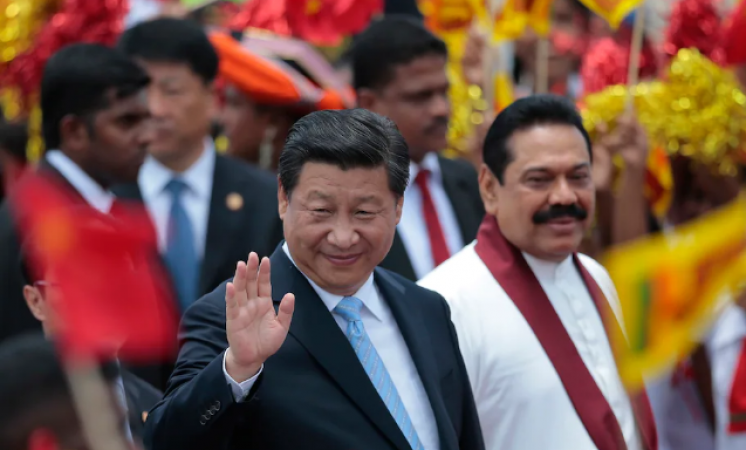
US: As the country's Parliament chooses its new president, the troubled island nation of Sri Lanka enters a new phase of its ongoing crisis. After dominating the nation's politics for more than ten years, President Gotabaya Rajapaksa and Prime Minister Mahinda Rajapaksa abruptly left their positions and resigned amid an astonishing economic collapse that sparked widespread protests. The winner of the vote in Parliament's secret ballot will now lead a shaky unity government that will prepare the ground for new elections.
But whoever wins has a horribly challenging task ahead of them, including working with IMF negotiators to map out a course for the future. Sri Lanka is insolvent; it is unable to pay for imports of necessities like food, medicine, and fuel, in part because it is unable to pay its debts given that its foreign exchange reserves are essentially empty. A sizable portion of the 22 million citizens of the nation are in need of food assistance due to rising inflation. While many businesses and schools are still closed, regular people must wait days in mile-long gas lines.
Sri Lanka has developed into a cautionary tale of bad leadership and misfortune for the rest of the world. The avarice of the Rajapaksa brothers and a misguided plan to turn the country's farming sector into an entirely organic business collided with a number of external factors. These included the devastation caused by the pandemic, which destroyed Sri Lanka's crucial tourism industry, and the Russian invasion of Ukraine, which shattered international supply chains and accelerated the inflationary spiral that drove the country's economy into the ground.
International experts warn that other indebted nations, including Kenya in East Africa and Laos in Southeast Asia, are on the verge of suffering a similar fate. "Countries with high debt levels and little room for policy adjustment will experience greater difficulties. At this weekend's meetings of the Group of 20 finance ministers, International Monetary Fund (IMF) Managing Director Kristalina Georgieva said Sri Lanka should serve as a warning sign.
China is one of the main actors in Sri Lanka's tragedy. Beijing is Sri Lanka's only significant creditor, making up about 10% of the island nation's foreign debt. It provided the Sri Lankan government with loans totaling close to $12 billion between 2000 and 2020, mainly for a number of expensive infrastructure projects that ended up being white elephants. One such project was a port facility in the Rajapaksas' hometown of Hambantota, which was effectively turned over to Chinese control half a decade ago after Sri Lankan authorities realised they couldn't afford the loans.
However, Chinese state banks have recently developed a greater interest in debt collection after investing enormous sums of money to become the de facto creditor of much of the developing world. Beijing's appetite for risk abroad has been curbed by the slowing domestic economy.
But Sri Lanka entered what Beijing's detractors have dubbed Chinese diplomacy's "debt trap." It was given a $3 billion line of easy credit by China in 2020 to aid in the repayment of its existing debts. Sri Lanka chose this course rather than going through the more difficult process of renegotiating its debts with the IMF and enforcing austerity measures to placate the Paris Club, a group of 22 wealthy countries that serve as the world's major creditors. China's non-membership is a reflection of its own geopolitical ambitions and opposition to the rules established by other powers.
China Mongolia border port sees more fruit vegetable exports
shocking inadequacies in Chinese military Logistics
Sri Lanka: His Highness Dalai Lama offers prayers for swift end to crisis